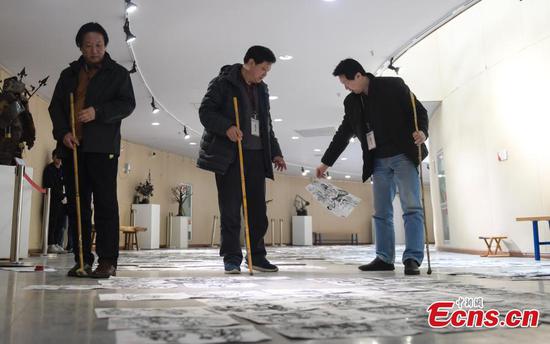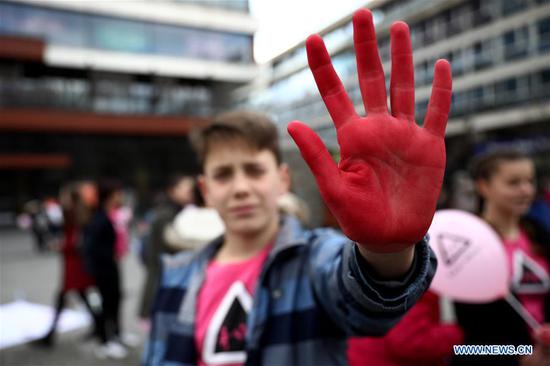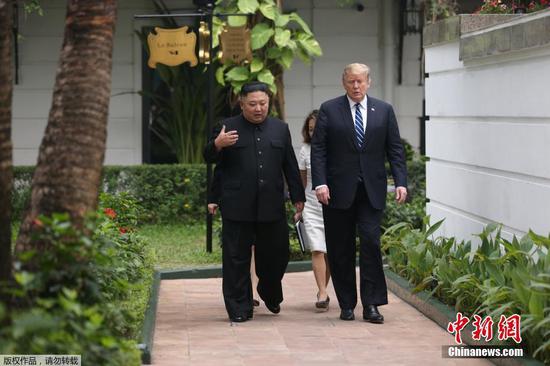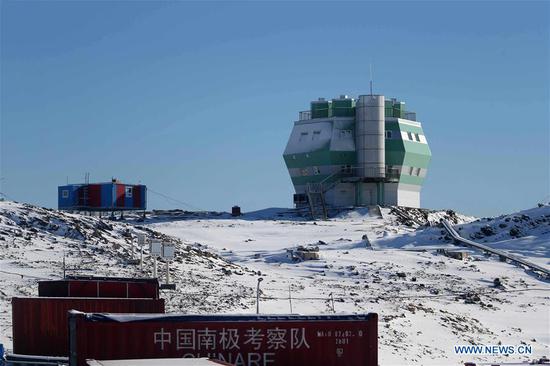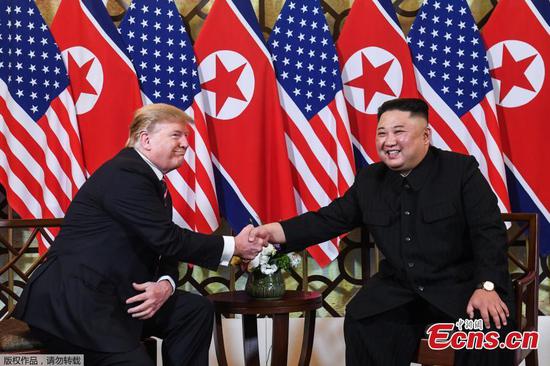Beijing expressed "strong dissatisfaction with" and"resolute opposition to" Ottawa's actions on Saturday in moving forward with the case of Huawei Chief Financial Officer Meng Wanzhou's extradition to the United States, urging it to immediately release the Chinese executive.
Foreign Ministry spokesman Lu Kang said in a statement on Saturday that the United States and Canada are abusing their bilateral extradition treaty, arbitrarily imposing compulsory measures upon a Chinese citizen and violating her lawful rights and interests.
Calling Meng's case "a serious political issue", Lu said, "We once again urge the U.S. side to immediately drop its arrest warrant and extradition request for Ms Meng Wanzhou, and also urge the Canadian side to immediately release her and allow her to go back to China safely."
Canada's federal Justice Department gave the green light on Friday for an extradition hearing to proceed against Meng at the request of the U.S.. Meng was arrested in Vancouver at Washington's request on Dec 1 on charges related to violating U.S. sanctions against Iran. She has since been released on bail.
The Chinese embassy in Canada issued a statement on the issue on Saturday, opposing Ottawa's move to allow Meng's extradition case to move forward. The statement said Meng's case"is not merely a judicial case, but a political persecution against a hightech Chinese enterprise."
"The subsequent developments have proved this. The so-called 'rule of law' and 'judicial independence' asserted by Canada cannot cover up the mistakes made by the Canadian side in the case of Meng Wanzhou," the embassy statement said.
Following Friday's announcement, Huawei expressed disappointment over Canada's approval of the extradition hearing against their CFO, saying, "She is innocent of any wrongdoing and the U.S. prosecution and extradition constitutes an abuse of the processes of law."
Canada's Justice Department granted permission for a March 6 hearing on whether to hand Meng over to U.S. authorities.
Meng will remain out on bail during the proceedings.




















